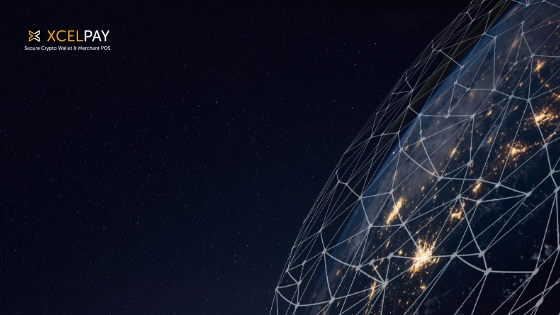Forward Contracts Vs Future Contracts
In
this article we will look into the key differences between Future and Forward
contracts. If you would like to keep yourself informed on the same then please
read on…
Forward
Contract
The
forward contract is an agreement between a buyer and seller to trade an asset
at a future date. The price of the asset is set when the contract is drawn up.
Forward contracts have one settlement date—they all settle at the end of the
contract. These contracts are private agreements between two parties, so they
do not trade on an exchange. Because of the nature of the contract, they are
not as rigid in their terms and conditions.
Many hedgers
use forward contracts to cut down on the volatility of an asset's price. Since
the terms of the agreement are set when the contract is executed, a forward
contract is not subject to price fluctuations. So, if two parties agree to the
sale of 1000 ears of corn at $1 each for a total of $1,000, the terms cannot
change even if the price of corn goes down to 50 cents per ear. It also ensures
that delivery of the asset, or, if specified, cash settlement, will usually
take place.
Because
of the nature of these contracts, forwards are not readily available to retail
investors. The market for forward contracts is often hard to predict. That's
because the agreements and their details are generally kept between the buyer
and seller, and are not made public. Because they are private agreements, there
is a high counterparty risk. This means there may be a chance that one
party will default.
Futures
Contracts
Like
forward contracts, futures contracts involve the agreement to buy and sell an
asset at a specific price at a future date. The futures contract, however, has
some differences from the forward contract. First, futures contracts—also known
as futures—are marked-to-market daily, which means that daily changes
are settled day by day until the end of the contract. Furthermore, a settlement
for futures contracts can occur over a range of dates.
Because
they are traded on an exchange, they have clearing houses that
guarantee the transactions. This drastically lowers the probability of default
to almost never. Contracts are available on stock exchange indexes,
commodities, and currencies. The most popular assets for futures contracts
include crops like wheat and corn, and oil and gas. The market for futures
contracts is highly liquid, giving investors the ability to enter and exit
whenever they choose to do so.
These
contracts are frequently used by speculators, who bet on the direction in
which an asset's price will move, they are usually closed out prior
to maturity and delivery usually never happens. In this case, a cash
settlement usually takes place.



Comments
Post a Comment